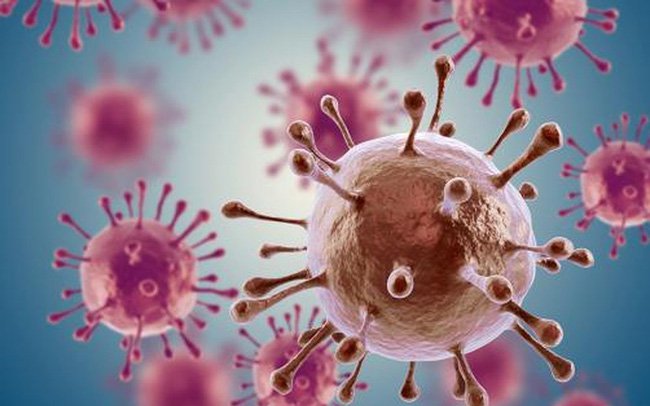What factors cause cancer?
Normal cells have an equal rate of growth and death. However, the external influences due to genetic mechanisms, diseased cells will disrupt the inherent balance, reproduce and grow continuously without dying according to the normal cycle and turn into tumors (tumors) that cause cancer in organs.
Major causes of cancer:
- Chemical factors: contaminated food, toxic substances, chemicals that cause genetic mutations.
- Biological factors: human papillomavirus (HPV)
- Genetic mutations: acquired and inherited
- Acquired cancer: due to mutations occurring during survival and because cells are affected by chemical and biological factors…
- Hereditary cancer: caused by a mutation inherited from one parent. Subsequent individuals have an average 50% risk of carrying cancer-causing gene mutations.





 VI
VI